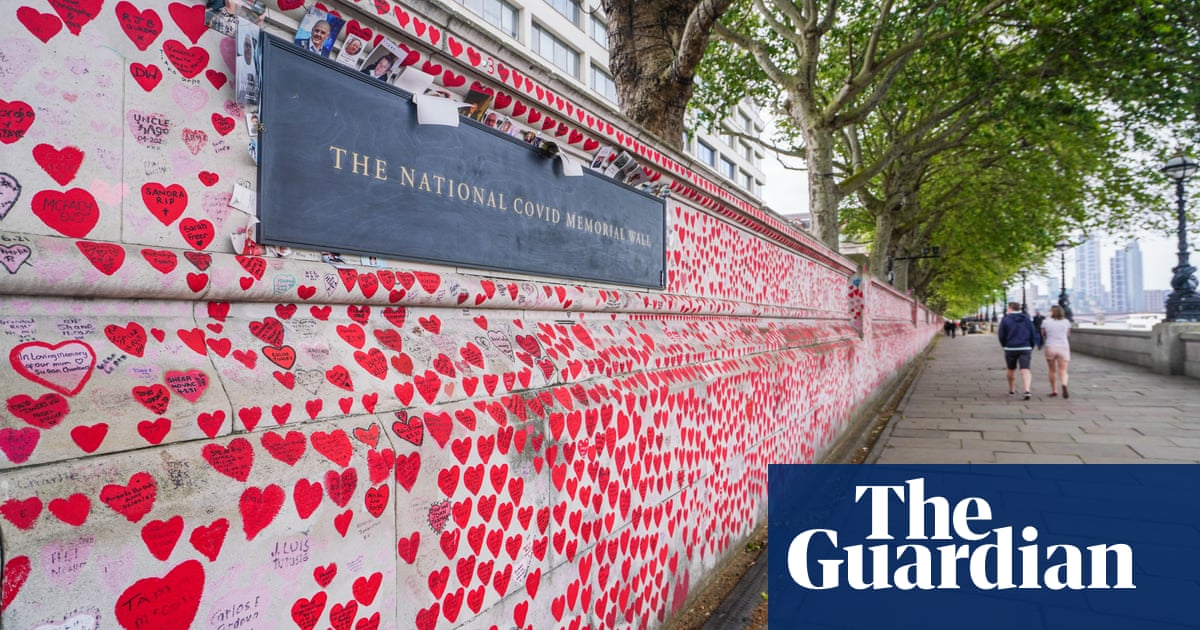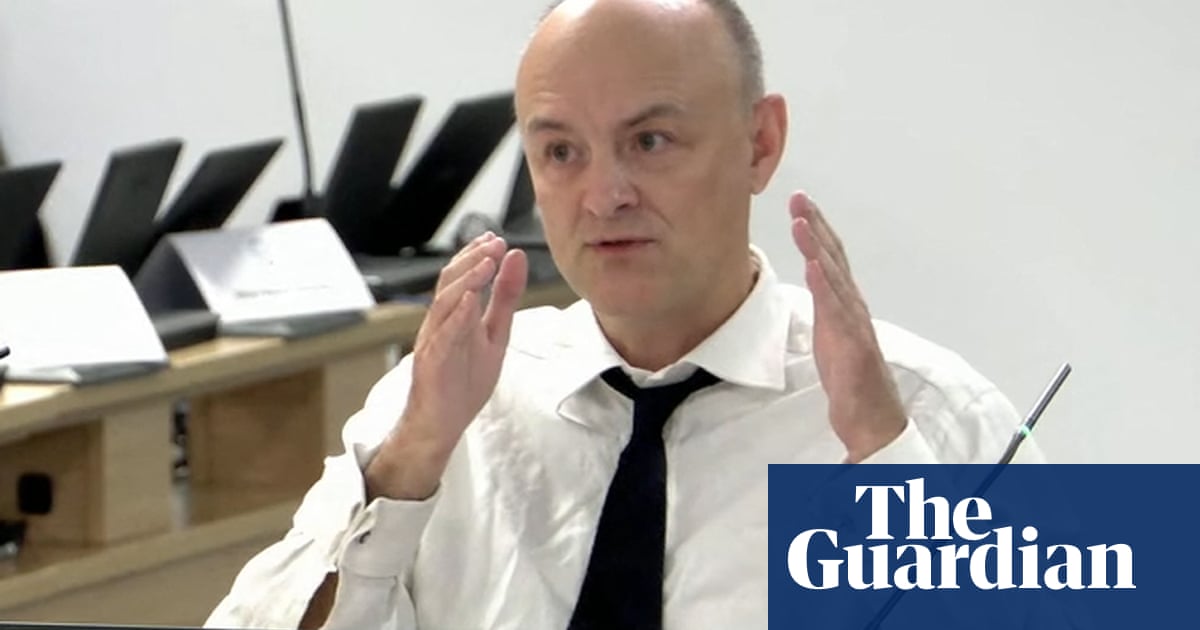
Chronic neglect of the NHS, poor pandemic preparedness and flawed government policies have contributed to the appalling impact of the Covid-19 crisis in the UK, according to a damning assessment from the British Medical Association.
More than 130,000 people in the UK have died from coronavirus since the pandemic began, with non-Covid excess deaths up 12,000 last year, making the country one of the hardest hit among comparable nations, the doctors’ body said.
In a speech on Monday, Dr Chaand Nagpaul, the BMA’s chair of council, will warn that the country and NHS staff have never faced such a crisis before and urge ministers to take action to ensure the health service is better prepared to respond to pandemics in the future.
“We will not accept a return to the old pre-pandemic NHS, which was so patently understaffed and under-resourced, where nine in 10 doctors are afraid of medical errors daily,” he is expected to say. “We will not accept an NHS running at unsafe bed occupancy and without spare capacity.”
Before the pandemic, NHS bed occupancy was regularly above the 85% considered a reasonable safe threshold. While the NHS had 7.3 critical care beds per 100,000 people, Germany had nearly 34 per 100,000 as the crisis unfolded.
Further planning failures left the NHS with inadequate stockpiles of personal protective equipment (PPE) for frontline staff, leading to last-minute orders of masks, visors and gowns that in some cases turned out to be unsafe or unusable.
Years of underfunding, inadequate facilities and nearly 90,000 staff vacancies meant the NHS was in crisis before coronavirus emerged, leaving it ill-prepared for the demands of the pandemic, Nagpaul is to argue at the BMA’s annual representative meeting.
He will criticise ministers for dismissing calls for a rapid inquiry into the crisis, before the second wave of infections struck last year, meaning that crucial lessons from the previous six months were not learned. He will add that the ministerial mantra of “living with Covid” belies the reality that thousands of people continue to need hospital care for coronavirus with hundreds dying each week.
Despite warnings from senior doctors at the time, Boris Johnson’s decision to lift coronavirus restrictions this summer contributed to almost 40,000 being admitted to hospital and more than 4,000 deaths since so-called “freedom day” on 19 July, the BMA said.
“We will not accept an NHS in crisis every summer, let alone every winter,” Nagpaul will add. “We will not accept a nation bereft of public health staff, facilities and testing capacity, with ministers then paying billions to private companies who were unable to deliver.”
In the past week, ministers announced substantial extra funding for the NHS, including money specifically targeted at easing backlogs in treatment. While welcoming the funds as an important first step, Nagpaul will urge the government to provide realistic projections as to how far the money will stretch and to acknowledge that the amount will not address the drastic shortage of NHS staff. The BMA estimates that the NHS has 50,000 fewer doctors than the EU average.
More than 4 million people were on the NHS waiting list in England in March 2020, the month the country went into its first Covid lockdown. That number has since risen to 5.61 million. The Nuffield Trust has said waiting lists could top 15 million people in four years without a significant increase in NHS trust capacity.
Last week, GPs in England said they were finding it “increasingly hard to guarantee safe care” for patients, as the shortage of doctors meant they could not keep up with the surge in demand. Prof Martin Marshall, the chair of the Royal College of General Practitioners (RCGP), warned of a crisis in primary care after a 4.5% decrease in the number of GPs across England led to a risk of mistakes being made.












